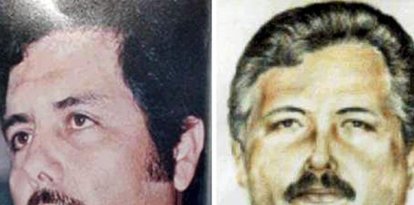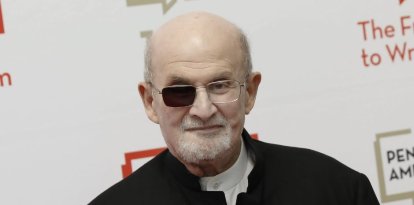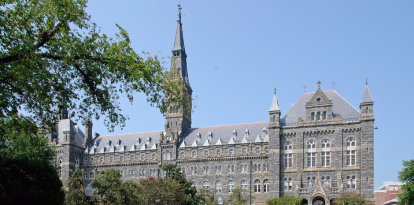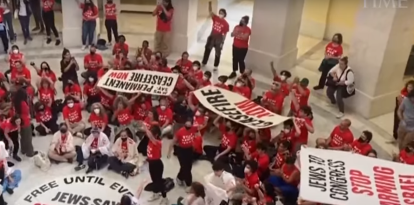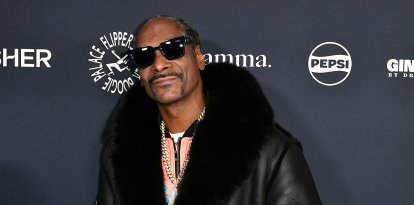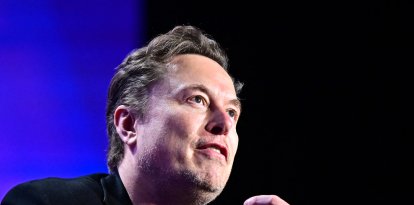Meeting with Trump, censorship on social networks and an awkward question about ketamine: the best moments of the Don Lemon and Elon Musk interview
They took turns criticizing each other before their conversation was published. The chat lasted a little over an hour and has already accumulated millions of views.
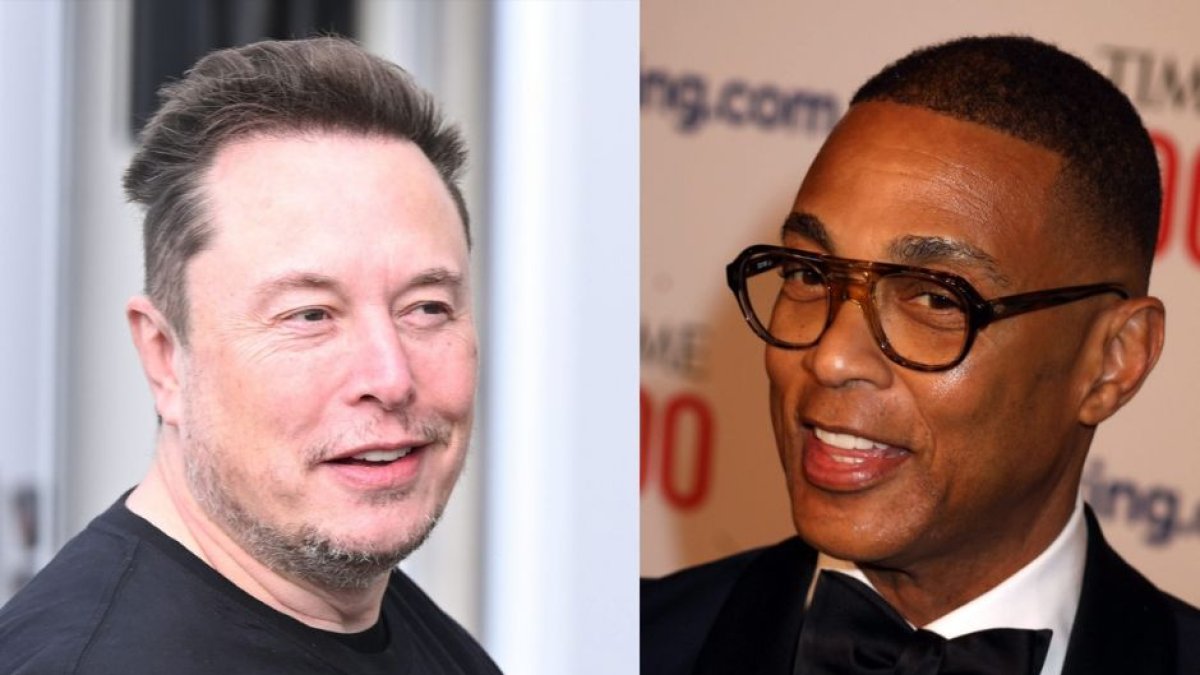
Cordon Press
After a few days of waiting, the interview between Elon Musk and Don Lemon was finally released. During a little over an hour of chatting, the CNN host asked the Tesla founder about race, censorship, the 2024 presidential election and his legacy. However, one thing that caught the attention of users was a particular inquiry about drug use.
The interview generated a lot of buzz because of Lemon’s own words, who claimed that, after their conversation, Musk decided to back out of his agreement to produce a show on X.
“The Don Lemon Show is welcome to publish its content on X, without censorship, as we believe in providing a platform for creators to scale their work and connect with new communities. However, like any enterprise, we reserve the right to make decisions about our business partnerships, and after careful consideration, X decided not to enter into a commercial partnership with the show,” the company said in a statement.
Musk went a step further and claimed that Lemon’s approach during the interview was “basically ‘CNN, but on social media,’ which doesn’t work, as evidenced by the fact that CNN is dying.”
“And, instead of being the real Don Lemon, it was actually just [former CNN chief] Jeff Zucker speaking through Don, so it lacked authenticity,” he added.
Lemon was not far behind and also commented on the interview in the days before it was published. “Throughout our conversation, I kept reiterating to him, although it was tense at times, I thought it was good for people to see our exchange. But apparently, free speech absolutism doesn’t apply when it comes to questions about him from people like me”, noted.
This maelstrom of statements raised expectations for the talk, which was finally published on Monday, March 18, and had many viral moments.
The controversial question about ketamine
Perhaps the most commented moment of the talk was when Lemon directly asked if he published his thoughts on social networks under the use of any substance. After the South African’s refusal, the journalist went a little further.
“But you have admitted that you have Ketamine prescription. What’s that for?” fired back Lemon, to which Musk replied, “Well, I mean, that’s pretty private to ask somebody about a medical prescription.”
“There are times when I have sort of a … negative chemical state in my brain, like depression I guess, or depression that’s not linked to any negative news, and ketamine is helpful for getting one out of the negative frame of mind,” continued the businessman, who further added that he uses “a small amount once every other week or something like that.”
Lemon then asked him if he believed he had ever abused the substance. “If you use too much ketamine, you can’t really get work done. I have a lot of work, I’m typically putting in 16-hour days … so I don’t really have a situation where I can be not mentally acute for an extended period of time,” Musk responded.
“From a standpoint of Wall Street, what matters is execution. Are you building value for investors? Tesla is worth about as much as the rest of the car industry combined … so from an investor standpoint, if there is something I’m taking, I should keep taking it,” he concluded.
Chance meeting with Donald Trump
The interview continued, and Musk revealed that he recently went to a friend’s house for breakfast, and suddenly, the former president arrived.
“Let’s just say he did most of the talking. President Trump likes to talk, and so he talked. I don’t recall him saying anything he hasn’t said publicly,” he recalled, later clarifying that he would not donate money to any presidential campaign.
However, he left the door open to make a formal endorsement before November. “I don’t know yet; I want to make a thoughtful decision before the elections,” he added.
“We are all descended from slaves - what future do we want?”
Tension between the two began to rise when discussing race and equity. Musk publicly resisted the implementation of public policies that encourage affirmative action and equity, which he argued by contending that America must “move forward” and not make racism “an ongoing issue.”
“If you study history broadly, everyone was a slave. We are all descendant from slaves. What future do we want? Is this something we want to make part of our constant dialogue forever or do we want to say let’s just move on and treat everyone according to who they are as individuals. I think America is doing better than anyone else,” Musk responded.
Intense exchange over moderation on social networks
In one of the most tense moments of the interview, Lemon suggested that conversations on networks about certain topics can have negative impacts, such as shootings. Musk bluntly told him that silencing all speech that is not illegal is censorship, to which Lemon said he was in favor of moderation. “Moderation is the propaganda term for censorship,” the entrepreneur retorted.
“If something is illegal, obviously, we will remove it. (...) Laws are put in place by the people, and we adhere to those laws. If you go beyond the law, you’re actually going beyond the will of the people,” he continued.
“I care about the reality of goodness, not its perception”
The last part of the interview had a reflective tone, with the South African acknowledging that his goal in life is to “spread awareness about the future,” leading him to assess his final years and his legacy.
“f I died knowing that I did what was right, or did my best to do what was right, and even if in the history books they said I did wrong, I would still feel okay about that. I care about the reality of goodness, not the perception of it,” he expressed to Lemon.
“We want to make sure that we don’t have, for example, demographic collapse, which is the case in a lot of countries — just very low birth rate. We want to avoid, obviously avoid, World War 3. Anything that is a civilizational risk. That is what I care about. Civilizational risks,” he concluded.














